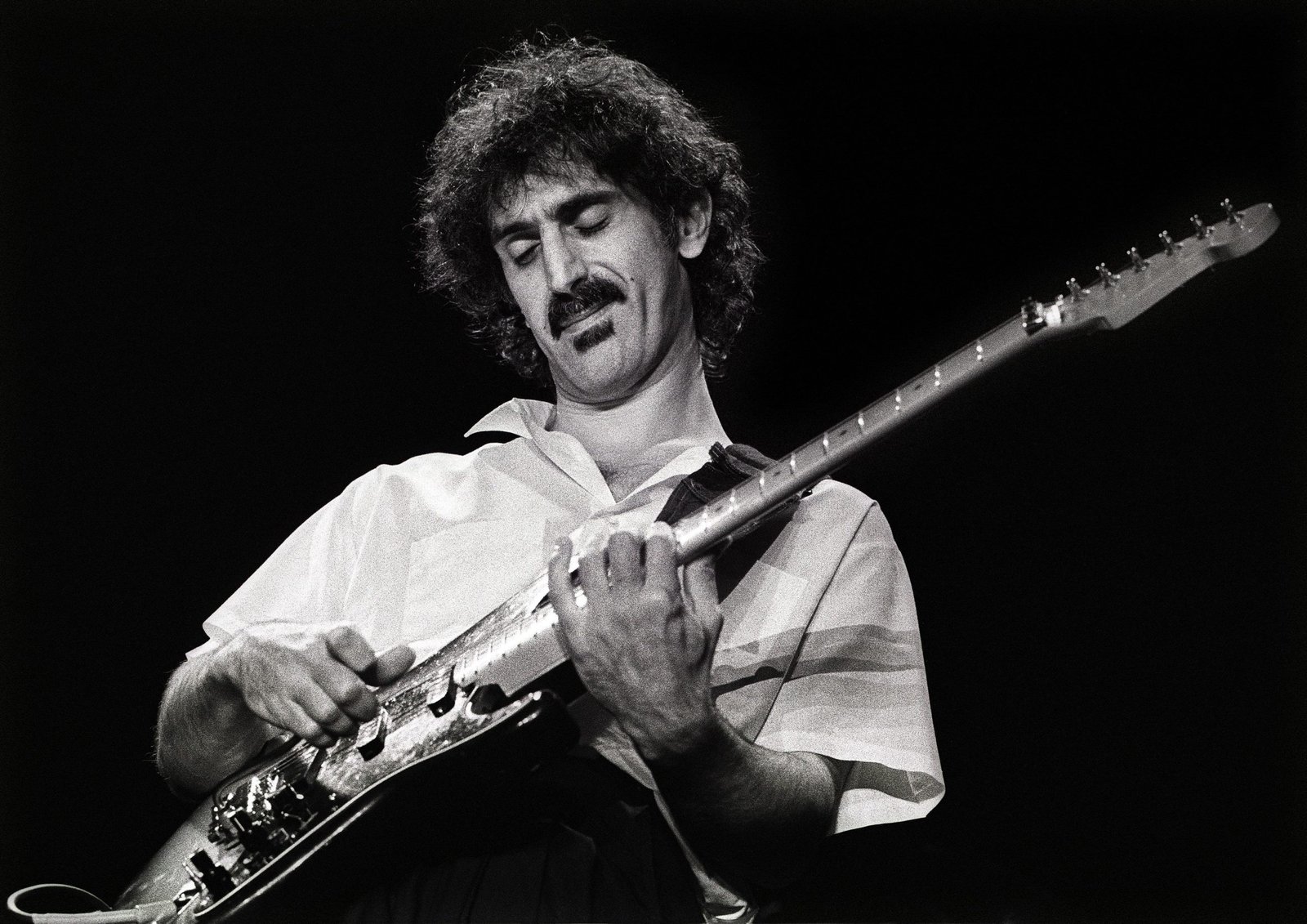Amid his renowned comedic repertoire, Frank Zappa seamlessly integrated a political dimension into his work, endearing him to a multitude of followers. His penchant for delivering memorable and surreal social commentaries was a hallmark of his artistic legacy. Surprisingly, the maestro of satire and avant-garde music contemplated a foray into presidential politics towards the end of his life, injecting a thought-provoking element into his eclectic narrative.
The genesis of Zappa’s presidential aspirations can be traced back to 1990 when he found himself engrossed in a C-Span TV symposium moderated by Leslie Stahl. The symposium featured prominent political strategists from both major parties discussing the potential dynamics of the 1992 presidential campaign. A pivotal moment occurred when veteran Democrat consultant Raymond Strother asserted that a significant change in the country’s political landscape necessitated an outsider entering the race, sparking Zappa’s intrigue.
In a 1991 interview with the San Diego Union-Tribune, Zappa disclosed his contemplation of a presidential run and revealed his outreach to Strother to explore the viability of such a campaign. However, the alignment of stars seemed elusive, as Strother, instead of championing Zappa’s cause, shifted gears to work as a publicist for Albert Gore in Tennessee.
Undeterred, Zappa envisioned a hypothetical cabinet, expressing his preference for H. Ross Perot as his Vice President and advocating for the controversial but brilliant Alan Dershowitz as his Attorney General. Elaborating on his qualifications, Zappa humorously noted, “I don’t play golf, I don’t take vacations, and I do think the US Constitution is one hell of a document.”
A premature identification as a presidential candidate by Disney’s KCAL Channel 9 added an unexpected twist to Zappa’s political saga. A post-interview survey gauging public sentiment revealed that a resounding 86% of approximately 1,800 respondents would vote for him if he officially entered the race.
Zappa’s envisioned platform reflected a commitment to eliminating federal income taxes, restructuring state taxes with exemptions for staple food items, and advocating for a reduction of government intrusion. His critique extended to the military, emphasizing its role solely in safeguarding the nation rather than being embroiled in misguided foreign policies.
Despite the apparent support and even interest from potential staff members, Zappa ultimately decided against plunging into the complexities of a presidential campaign. Tragically, his battle with prostate cancer cut short any possibility of witnessing Zappa, the unconventional candidate, navigating the political landscape. Nevertheless, his political foray remains a poignant chapter in the multifaceted story of a musical icon.
